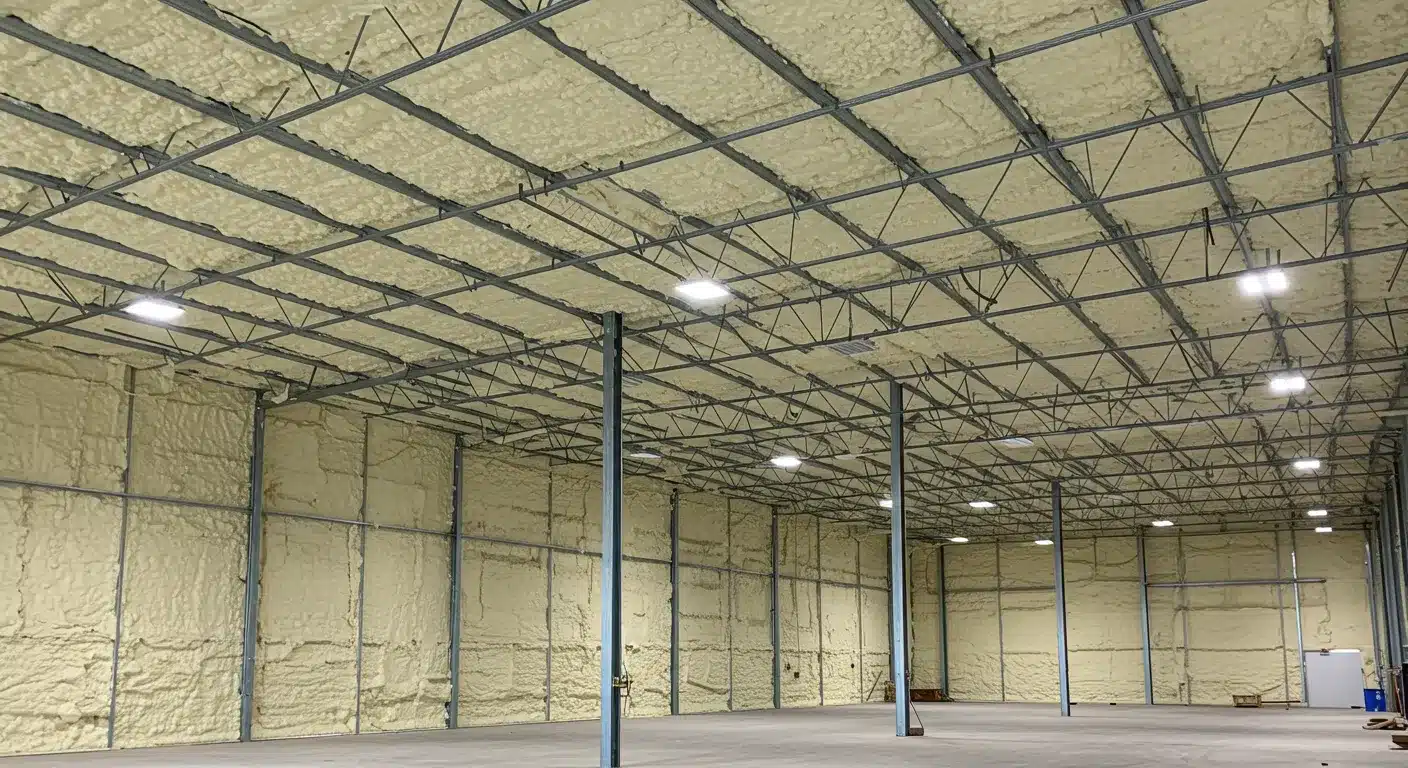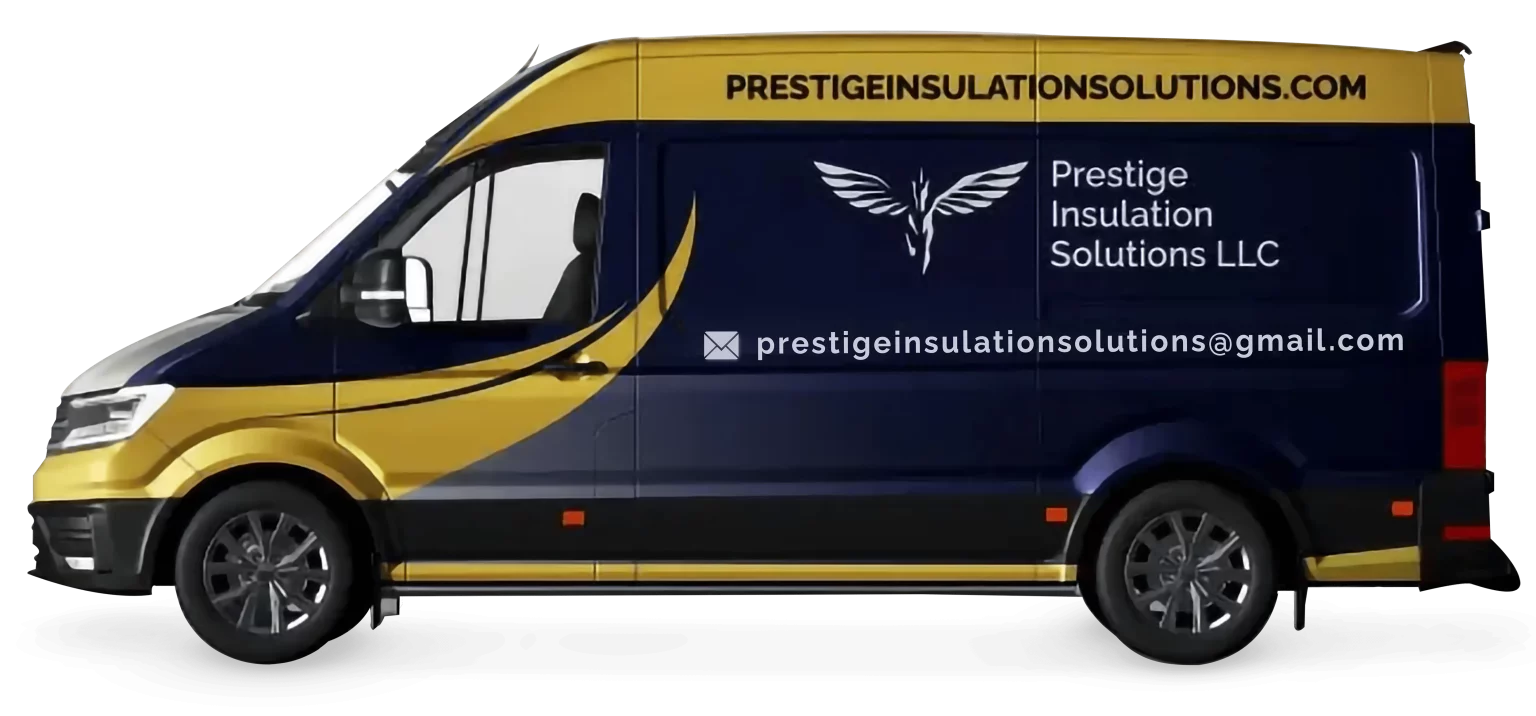For businesses aiming to reduce costs, improve operational efficiency, and create a comfortable environment, investing in commercial insulation is a strategic decision. Commercial insulation not only contributes to financial savings but also supports sustainability efforts, which are increasingly important in today’s world. This article delves into the numerous benefits of commercial insulation and explores how it can enhance your business operations.
The Financial Advantages of Commercial Insulation
One of the most compelling reasons to invest in commercial insulation is the financial savings it offers. Proper insulation reduces energy consumption by minimizing heat transfer, which leads to lower heating and cooling costs. Here’s how:
- Lower Energy Bills: Insulation helps maintain consistent indoor temperatures, reducing the strain on HVAC systems.
- Enhanced HVAC Efficiency: With less energy required to heat or cool a building, equipment experiences less wear and tear, lowering maintenance costs.
- Long-Term ROI: While insulation installation has an upfront cost, the long-term savings often outweigh the initial investment.
Case in Point: Energy Savings
According to studies, businesses can reduce their energy expenses by up to 30% with proper insulation. For a mid-sized office building, this can translate to thousands of dollars in annual savings.
Improved Comfort and Productivity
A well-insulated commercial space provides a more comfortable environment for employees and customers. Maintaining a consistent indoor temperature prevents discomfort caused by drafts or uneven heating. This contributes to:
- Enhanced Employee Productivity: A comfortable work environment allows employees to focus better and perform efficiently.
- Customer Satisfaction: Comfortable conditions encourage customers to stay longer, increasing the likelihood of sales.
Noise Reduction Benefits
In addition to temperature control, insulation also helps in reducing noise. Acoustic insulation materials dampen sound transmission, creating a quieter and more professional atmosphere.
Supporting Sustainability Goals
Commercial insulation aligns with the growing emphasis on sustainability. By reducing energy consumption, businesses can significantly lower their carbon footprint. Here’s how insulation supports eco-friendly goals:
- Reduced Greenhouse Gas Emissions: Lower energy usage means fewer emissions from heating and cooling systems.
- LEED Certification: Investing in energy-efficient insulation can contribute to achieving Leadership in Energy and Environmental Design (LEED) certification, a valuable credential for eco-conscious businesses.
- Waste Minimization: Modern insulation materials are often made from recycled or sustainable resources, further reducing environmental impact.
Types of Commercial Insulation
Choosing the right type of insulation depends on your building’s structure, usage, and climate. Here are some commonly used options:
- Spray Foam Insulation: Ideal for sealing gaps and cracks, spray foam offers excellent thermal performance.
- Fiberglass Insulation: A cost-effective option for walls and ceilings, fiberglass is known for its durability.
- Rigid Board Insulation: Best suited for flat roofs and exterior walls, this type provides high thermal resistance.
- Reflective Insulation: Effective in reducing heat gain in warm climates, it reflects radiant heat rather than absorbing it.
How to Choose the Right Insulation
To determine the best insulation for your business, consider factors such as:
- Climate Zone: Different regions have varying insulation requirements.
- Building Use: Warehouses, offices, and retail spaces may require different insulation approaches.
- Budget: While some insulation types have higher upfront costs, they may offer better long-term savings.
The Installation Process and Professional Assistance
Proper installation is critical to ensuring insulation performs effectively. Professional installers can:
- Assess your building’s needs.
- Recommend the most suitable materials.
- Ensure proper application to prevent gaps or inefficiencies.
Why Work with Experts
Professional insulation companies bring expertise and tools that guarantee high-quality results. They can also help navigate local building codes and regulations, ensuring compliance and avoiding potential issues.
Maximize Your Business Potential with Effective Insulation
Investing in commercial insulation is more than a cost-saving measure—it’s a step toward a more efficient, sustainable, and comfortable business environment. Whether you’re looking to enhance energy efficiency or support your sustainability goals, Prestige Insulation Solutions is here to help. Contact us at (850) 429-4969 or email us at [email protected] to learn more about our services.
Frequently Asked Questions
How much does commercial insulation cost?
The cost varies depending on the type of insulation, building size, and installation complexity. On average, businesses can expect to invest between $1 and $3 per square foot.
How long does commercial insulation last?
Most insulation materials last 20-30 years, though some, like spray foam, can last even longer with proper maintenance.
What are the maintenance requirements for insulation?
Generally, insulation requires minimal maintenance. Regular inspections can identify potential issues, such as moisture buildup or material degradation.
Can insulation be added to an existing building?
Yes, retrofitting insulation is possible and often cost-effective. Professionals can evaluate your space and recommend the best approach.
Does insulation improve fire safety?
Yes, spray foam insulation creates an airtight seal that minimizes energy loss, significantly reducing heating and cooling costs.
How does insulation impact indoor air quality?
By sealing gaps and preventing drafts, insulation can improve air quality by reducing the infiltration of allergens and pollutants.
What is the best insulation for a warehouse?
For warehouses, spray foam or rigid board insulation is often recommended due to their durability and high thermal resistance.
Is insulation tax-deductible?
In many cases, energy-efficient upgrades, including insulation, qualify for tax credits or deductions. Consult a tax professional for details.
How can I check if my building needs better insulation?
Signs include fluctuating indoor temperatures, high energy bills, and noticeable drafts. An energy audit can provide a detailed assessment.
Why should I choose Prestige Insulation Solutions?
We offer expert guidance, top-quality materials, and professional installation tailored to meet your business’s unique needs. Contact us today to get started.



